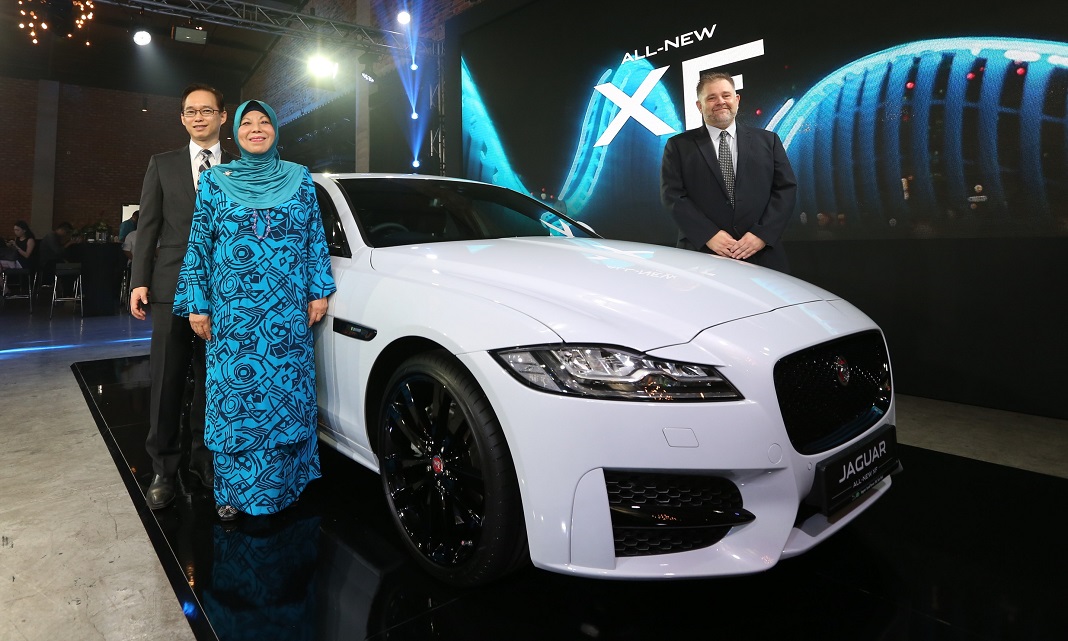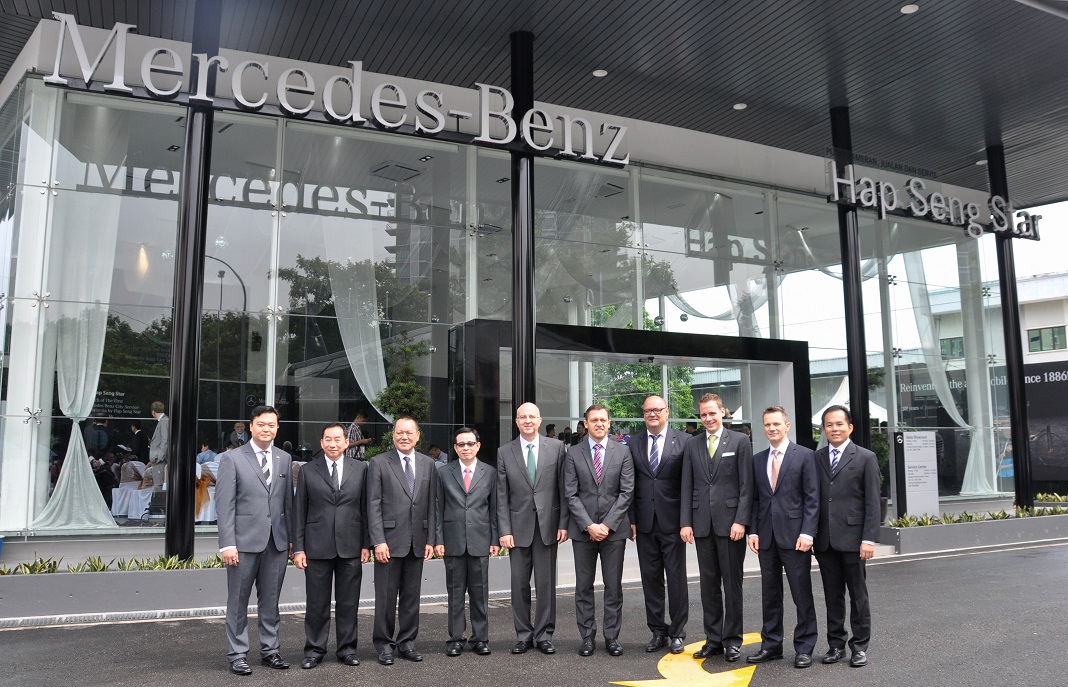
Spanish Primera Division (a.k.a. La Liga), Italian Serie A, German Bundesliga. Even if you have only a passing interest in the aforementioned football leagues, you can pretty much guess which team finished at the top of their respective national championships.
The rivalry between Mercedes-Benz and BMW in Malaysia is not unlike those two teams that always seem to dominate La Liga. To put in context, Mercedes-Benz and BMW accounted for approximately 75% of all luxury cars sold in 2015, and no one would bet against them increasing their market shares in 2016. For the competition however, the lead is fast becoming insurmountable.
Aside from Volvo which also has its own assembly plant in Malaysia, all other premium makes rely solely on the supply of fully imported, completely built up (CBU) units. These CBU-only brands do not qualify for lower import duties (from 30% for CBU to 10% for CKD) or any incentive afforded by the government for the use of local parts (which generally lowers excise duty), something that Mercedes-Benz, BMW and Volvo rightfully enjoy.
Lexus, Audi, Land Rover, Jaguar, Infiniti (the list goes on) must have breathed a collective sigh of despair last week when BMW Malaysia announced new prices for the CKD X1 and X4 which constituted significant savings of 18% and 15% from the original CBU prices. They follow an earlier round of reduction for the 1-, 3-, 5-Series and the X3 range courtesy of the rarely-understood but often-cited Energy Efficient Vehicle (EEV) incentive.
In a nutshell, EEV-based incentives reward manufacturers that invest and produce fuel efficient models with high technological content in Malaysia, but each incentive package is tailored differently, hence the term “customised incentive”. In BMW Malaysia’s case, they have also committed to exporting certain EEV-compliant models to the Philippines and Vietnam markets by 2018.

At RM228,800 (reduced from RM279,800), the BMW X1 sDrive20i represents unbeatable value. If you are shopping for premium compact SUV, it’s almost a no-brainer. This is repeated by various other locally assembled, EEV-incentivised BMW and Mercedes-Benz models. Take for example the newly-launched Jaguar XF which starts at RM450,000, now pit that against a similarly-powered BMW 520i at…only RM329,800. Not much of a match-up in terms of price, and no prize for guessing which the CFO will most likely approve.
Similarly, the Lexus IS200t F-Sport may look intriguing next to a Mercedes-Benz C-Class, but at RM363,154, it’s up against a C250 at only RM287,888, even the C300 undercuts it handsomely at RM307,888. Of course, there are always those who seek exclusivity and shun the Germans, but the well-to-do didn’t become wealthy by not knowing how to count.
As BMW responds to being mugged by Mercedes-Benz on the sales charts, and the latter not showing any signs of letting up with more product launches and new customer service initiatives, the pace is getting increasingly hot at the top, which is great news for customers. But here’s the sobering bit – with the luxury segment making up for only 4% (around 25,000 units a year) of all new cars sold in Malaysia, brands that have yet to explore CKD operations might find themselves out of the game even before the half-time whistle is blown.
